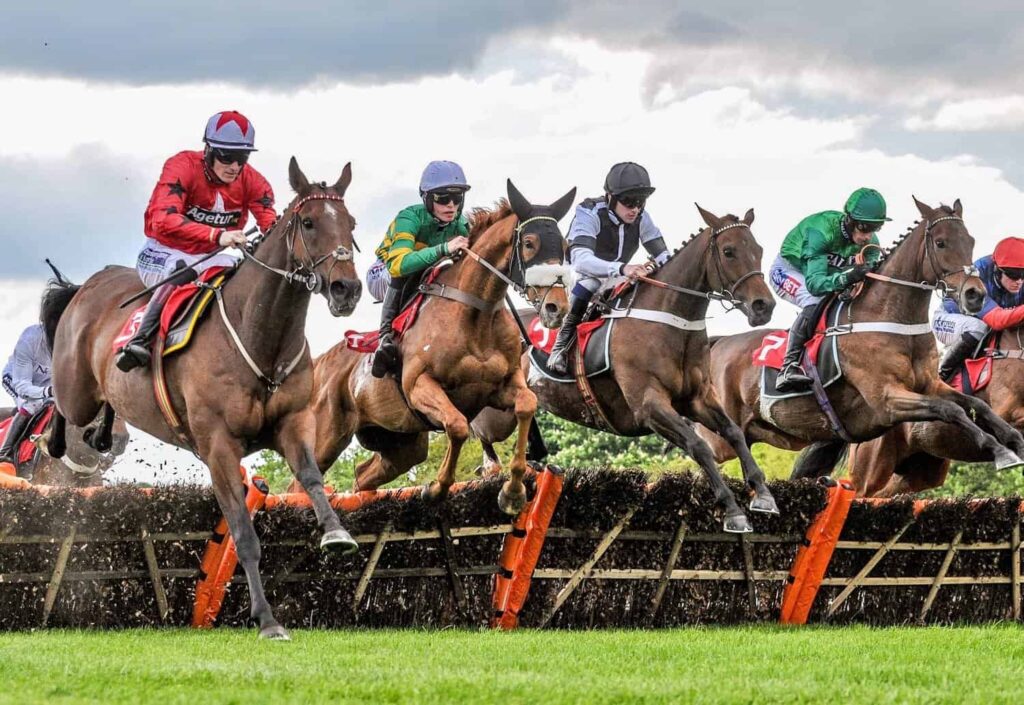The announcement that British racing will stage a strike on 10 September has brought long-simmering tensions between the sport and the betting industry to the surface. While the immediate impact will be the cancellation of lower-profile fixtures at Kempton, Lingfield, Carlisle and Uttoxeter, the real significance lies in the wider political and financial implications.
At the heart of the dispute is the government’s plan to harmonise duty rates for online betting and casino-style gaming products. Current modelling suggests this move could cost racing between £66m and £160m annually, a potentially devastating blow for a sport that relies heavily on betting revenues. Racing leaders argue that even a modest increase in betting duty will make the industry less sustainable, while any harmonisation will encourage operators to channel investment and marketing efforts towards gaming, which offers guaranteed margins and higher profits.
The betting industry, represented by its main lobbying body, has dismissed the strike as a futile gesture, warning that tax hikes will inevitably be passed on to punters through reduced promotions, less generous odds, and cuts in sponsorship spending. They also argue that betting on horseracing involves as much chance as skill, undermining the sport’s efforts to distinguish itself from fixed-odds gaming. Racing, however, insists that while luck always plays a part, informed judgment and analysis remain essential an element entirely absent from casino games.
The underlying clash reflects how the industry has shifted. Traditional bookmakers have evolved into subsidiaries of multinational gambling operators whose primary concern is not horseracing but the more lucrative gaming sector. This divergence means that what benefits one side often harms the other. Racing’s best-case scenario is a small rise in betting duty balanced by reforms to the Levy system, while gaming operators fear that the government could increase their duty rate to 40% or higher, in line with international standards.
The strike, therefore, is not simply about one afternoon of racing but about ensuring the sport’s voice is heard as the Treasury weighs its options in the run-up to the autumn budget. Whether it succeeds in shifting government policy remains to be seen, but the decision has already drawn national attention to the stakes involved. Far from being symbolic, the protest has made clear that racing and betting are on increasingly divergent paths, with the future of the sport hanging in the balance.

